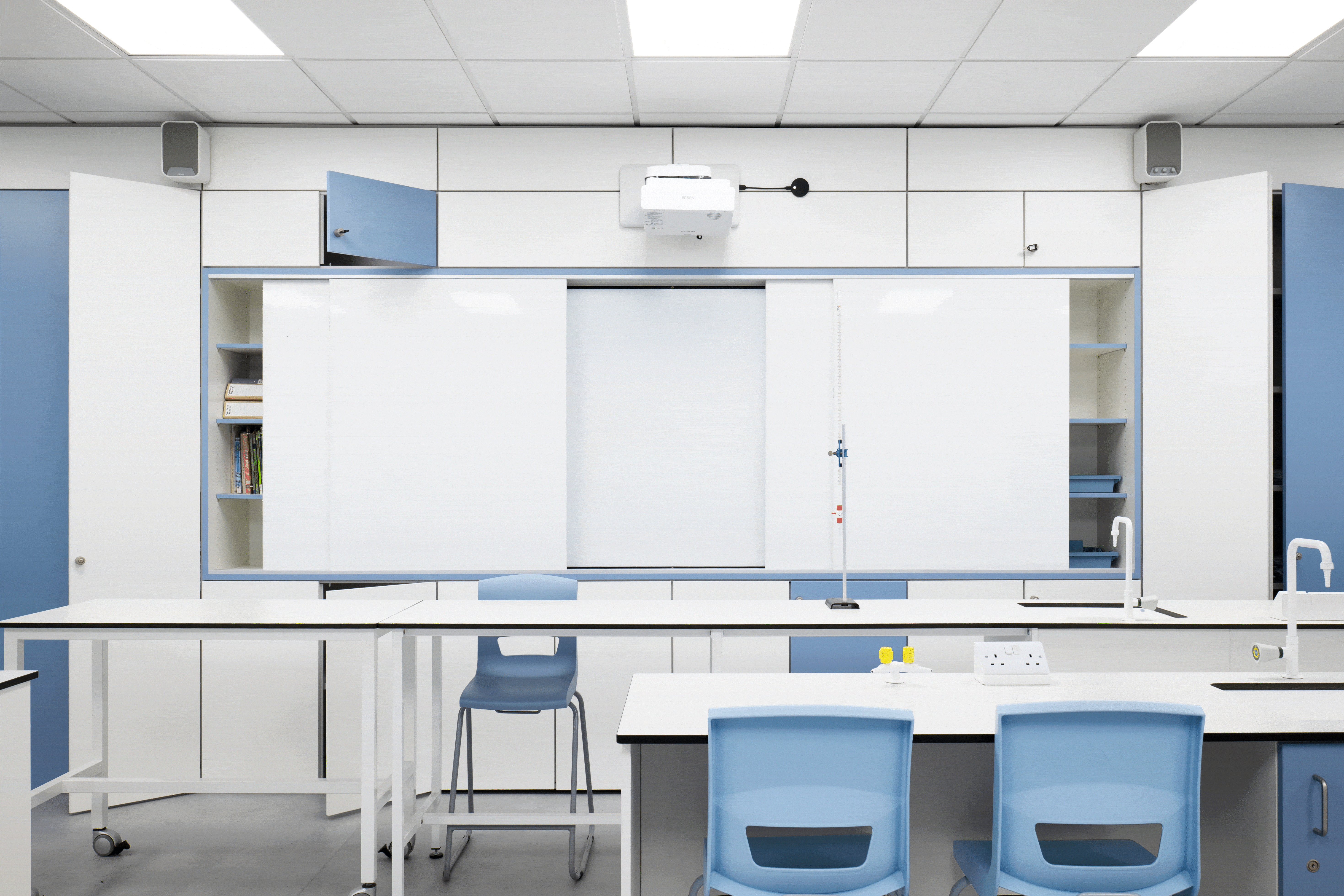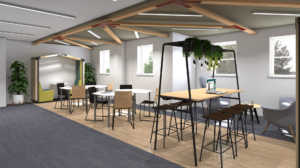Have you ever wondered how you could expand learning space in your school? Do you know how much your students would benefit from using outdoor spaces for science? According to research, 88% of teachers say that children are more engaged in learning when taking lessons outdoors.
In this article, we look at how your school can use outdoor spaces to enhance science learning, driving curiosity and developing positive feelings of confidence and self-worth. We will look at the benefits of hands-on learning and how learning outside the classroom helps students to observe and interact with the natural world (Waite, 2017).
Natural Surroundings
Prep schools, often sited in beautiful surroundings with plenty of outdoor space to explore and featuring small class sizes, are ideally placed for their students to be able to access the natural world. From woodlands to ponds, play areas to hidden corners, learning about science in these environments gives your students first hand experiences of real-world opportunities in a natural setting.
“Outdoor learning helps children have a growth mindset. It also helps them build confidence and resilience.”
~ Carolyn Hines, School Director
Students gain so much via close proximity to the outside environment. The change to their usual timetable increases stimulation and enjoyment as they take an active role in their learning.
With every different surrounding providing a new and different learning opportunity, all ages benefit from feeling more motivated, engaged and with a sense of enjoyment to maximise achievement for your young people (Bauld, 2021).
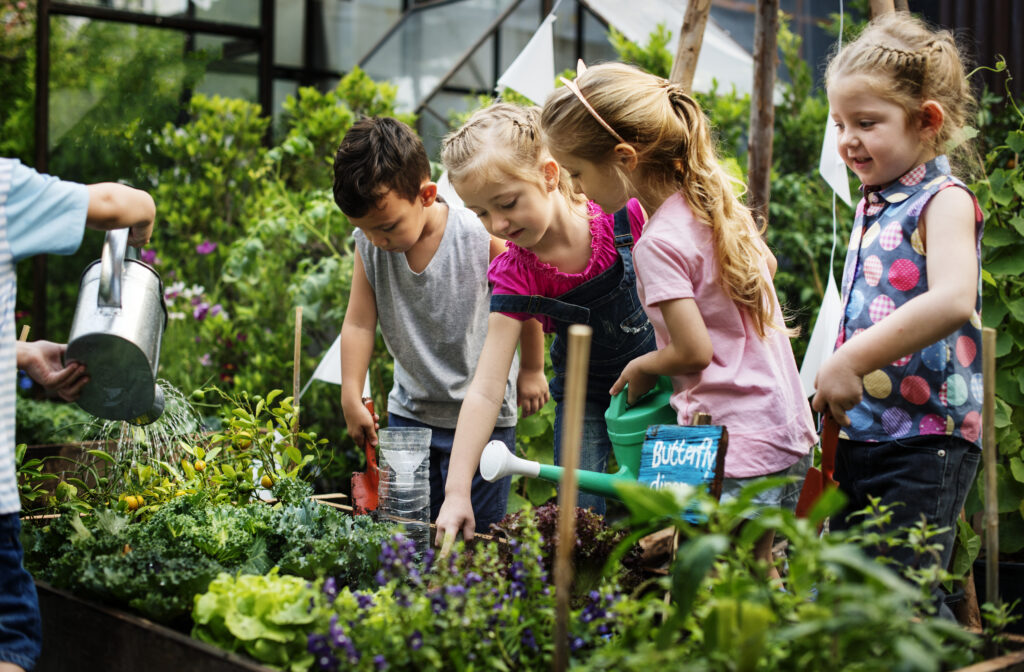
The Benefits of Outside Learning in Science
Increasing numbers of independent prep schools are providing further opportunities for their young people to access outdoor learning spaces. Broadening students’ awareness and greater cognitive understanding of the science curriculum by moving it from the classroom is shown to have multiple benefits including significant achievements in practical, hands-on study and advanced accumulation, analysis and interpretation of data. In addition, experiential learning in an outdoor setting leads to enhanced social skills with increased language and verbal strengthening (Marais, 2021) as well as being a perfect setting for both collaborative work and independent study.
“Outdoor learning gives students the ability to collaborate and self-structure skills, in turn this helps them to build their executive function and social skills.”
~ Rebecca Rolland EdD, Mental Health Expert.
Science and Nature are two areas that when practiced outside not only add depth of understanding of our world but also leads to better health and wellbeing with natural lighting, temperature and acoustics for more concentrated engagement (Mirrahimi et al, 2017). Offer nature or sound walks along paths around your school grounds with a focus on insects, flower beds and plants; measure windspeeds or rain levels or encourage growth and ownership with students planting their own window boxes or hanging baskets.
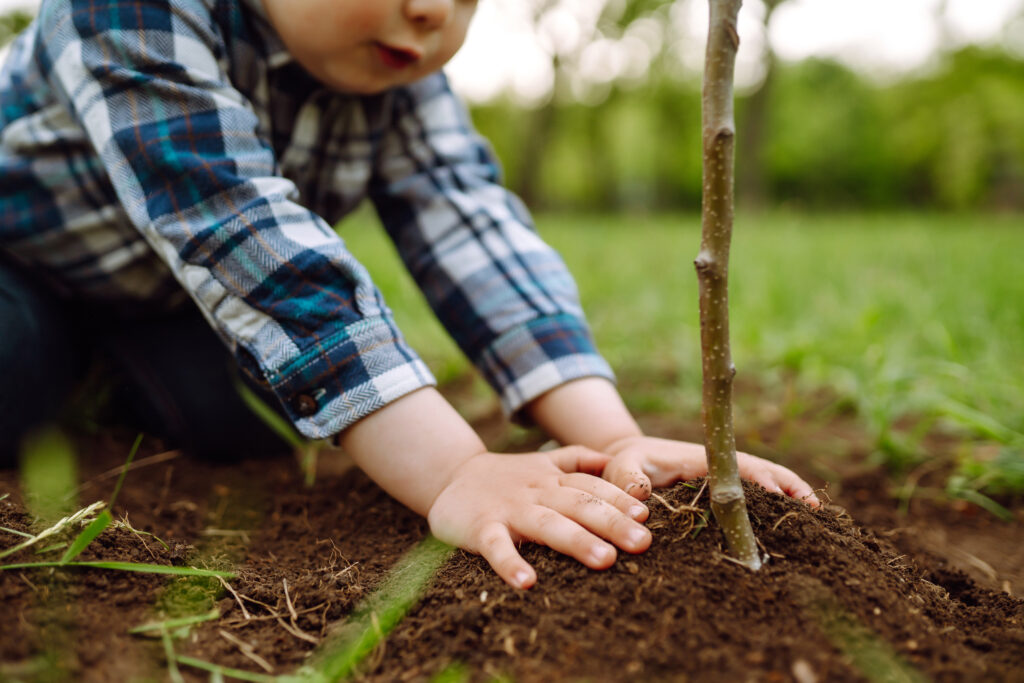
Location, Location
Our experienced design team at Envoplan have created a number of bespoke education zones to enhance learning away from the traditional classroom setting in all subjects, such as Badminton School’s multi-purpose Hub and our amazing modular learning rooms.
And for our innovative designers, it doesn’t stop when you come indoors. Our school science labs are designed and built to suit your unique needs, requirements and challenges. If you are looking for a redesign or a complete new fit out, we create science laboratories for all ages and stages with our expertise in interior design and refurbishment. Of course, our project team collaborates closely throughout with your school to ensure the finished project is a space you can be proud of – wherever its location.
Encourage a lifelong love of STEM learning with Envoplan
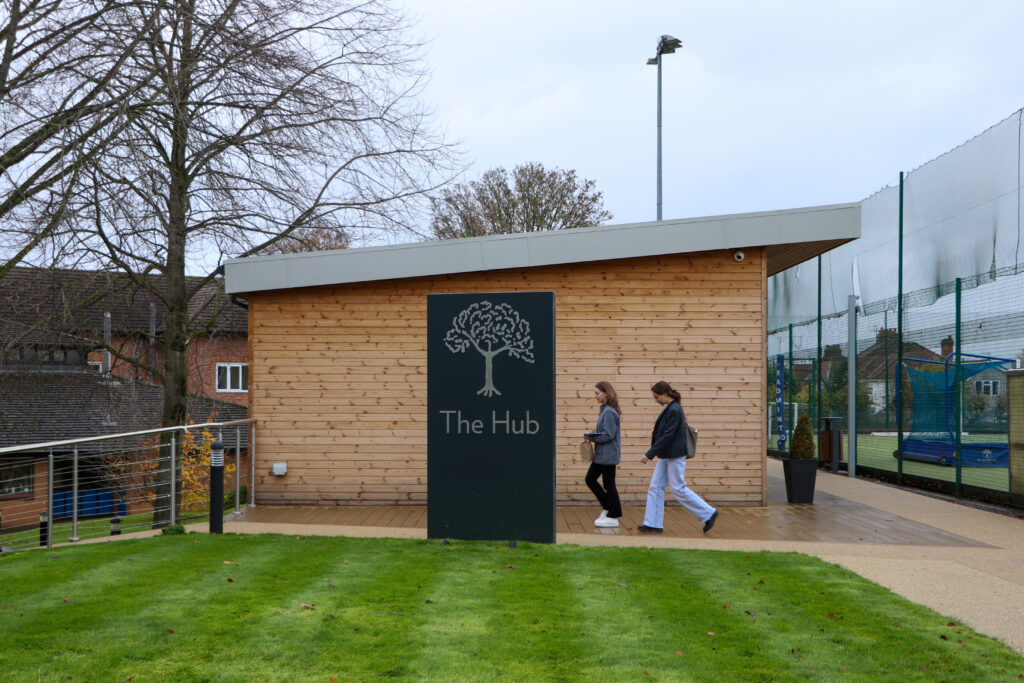
References
Waite, S (2017) Children learning outside the classroom: from birth to eleven Second edition, London: SAGe
Bauld, A (2021) Make Outdoor Learning your Plan A [online] available at: https://www.gse.harvard.edu/news/uk/21/08/make-outdoor-learning-your-plan
Marais, M. (2021). Holistic Benefits of Nature Play on Children’s Development. In ‘On Call ECT’. [online] available at: https://www.oncallect.com.au/2021/05/27/holistic-benefits-of-nature-play-on-childrens-development/.
Mirrahimi, S et al (2011) Developing Conducive Sustainable Outdoor Learning [online] available at: https://www.researchgate.net/publication/271560932_Developing_Conducive_Sustainable_Outdoor_

